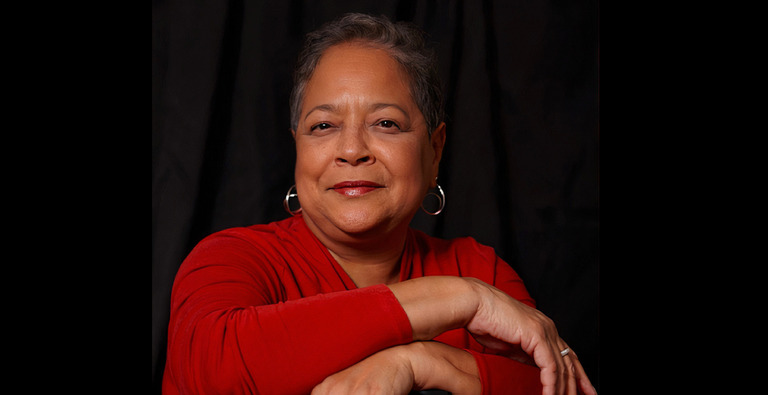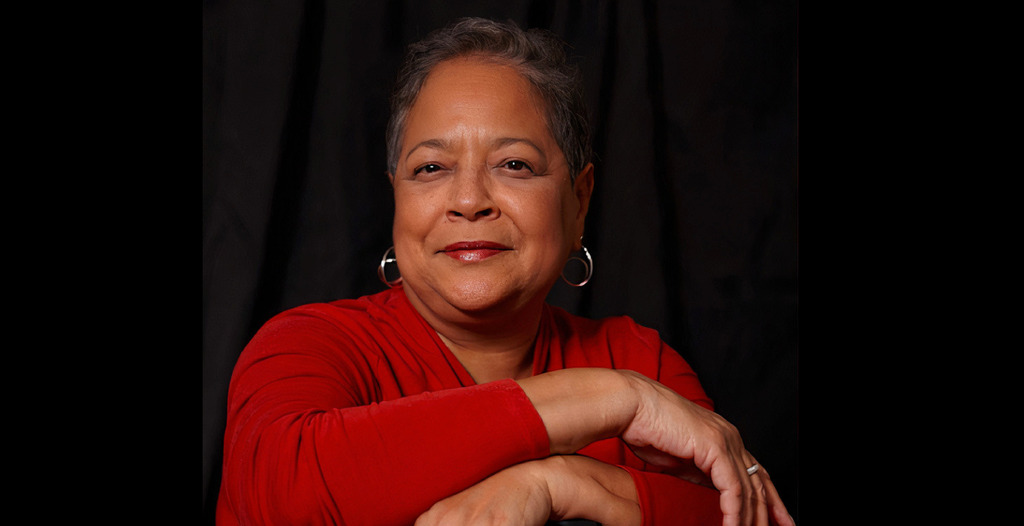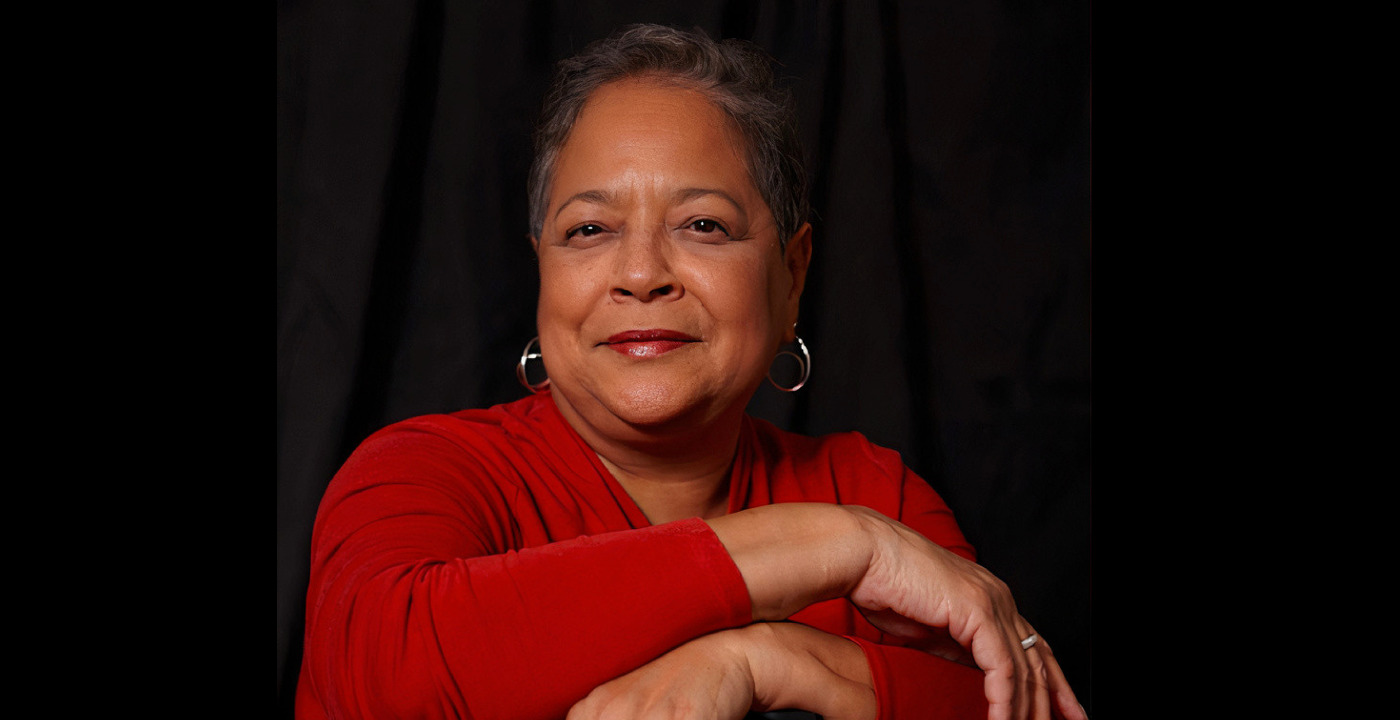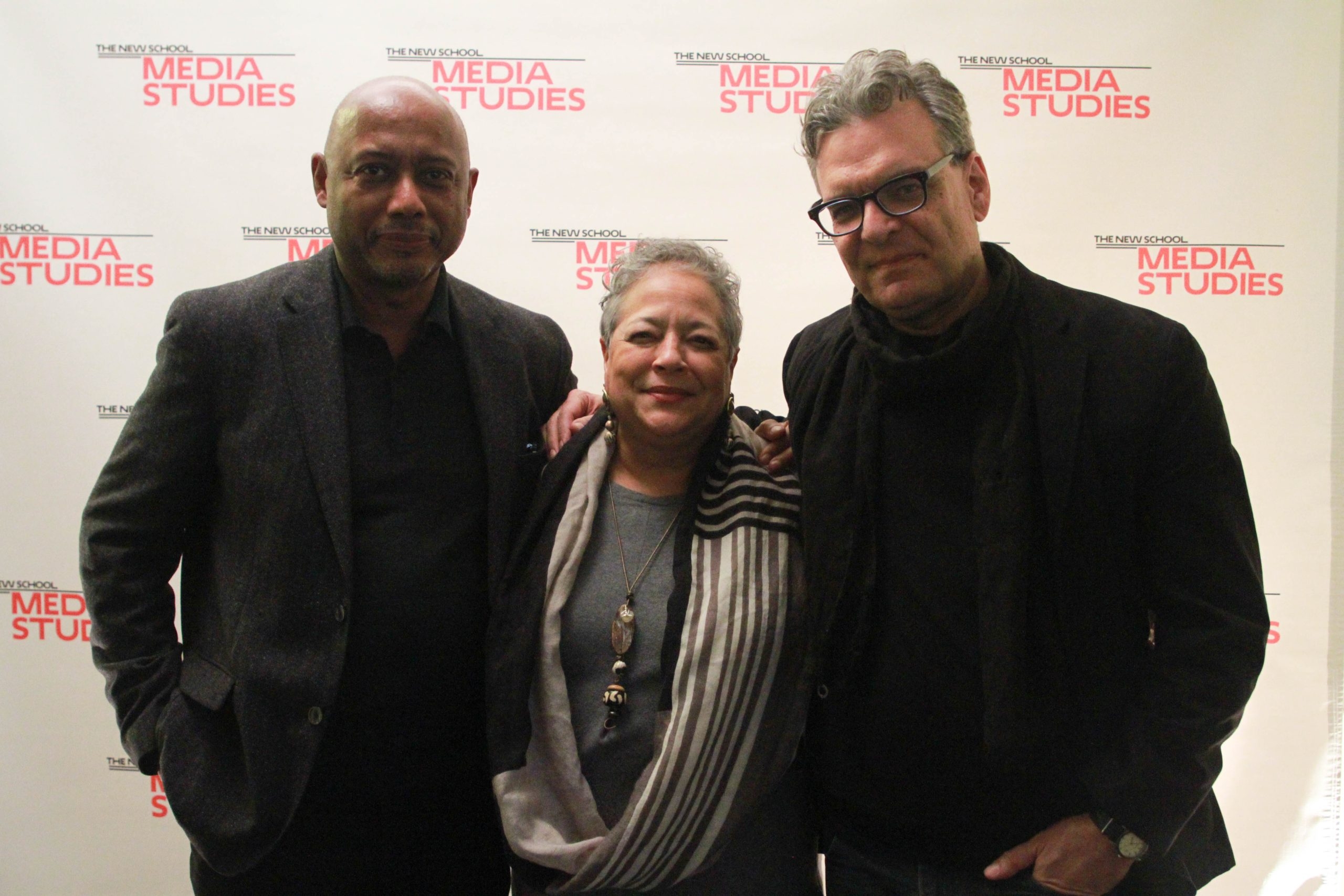Birth
12 May, 1954 in Chicago, Illinois.
Death
11 March, 2022 in White Plains, New York.
Michelle Materre was an educator and film director. Materre supported independent films by identifying underrepresented filmmakers and supporting their work. Her distribution efforts made these diverse films accessible to new and wider audiences. She co-founded one of the first African American-owned film distribution companies, KJM3 Entertainment Group, which managed the marketing, positioning and distribution of over twenty-three films by filmmakers of African descent, including “Daughters of the Dust,” the highly acclaimed film by Julie Dash, as well as “L’Homme Sur Les Quais” (The Man By the Shore) by Raoul Peck.
Personal Information
Name(s):
Michelle Materre
Date and place of birth.
12 May, 1954 in Chicago, Illinois.
Date and place of death.
11 March, 2022 in White Plains, New York.
Family
Mother:
Eloise (Michael) Materre. She was a real estate agent.
Father:
Oscar Materre. He was a firefighter and owned a paint business.
Marriage and Family Life.
Married Jose Masso in 1975 and Dennis Burroughs in 1990. Both marriages ended in divorce. She did not have children and helped to raise her nephew.
Survived by two sisters, Judi Materre and Paula Materre.
Education
Graduated from Boston College with a M.Ed. in Educational Media in 1977.
Graduated from Boston State College with a B.A. in Education in 1975.
Graduated from Antioch College with a B.A. in Education and Fine Arts Studies in 1973.
Religion
Unknown. Her memorial service featured a mojuba, a Yoruba prayer. It was noted that she was not a practitioner but had an affinity for the tradition.
Transformation(s)
Materre supported independent films by identifying underrepresented filmmakers and supporting their work. Her distribution efforts made these diverse films accessible to new and wider audiences.
Materre began her career as a writer and producer of films. She became a founding partner in KJM3 Entertainment Group to create a vehicle for distribution of multicultural independent films, many of which had gained critical acclaim but were not showcased or supported by mainstream channels. One of the group’s first projects, for which Materre directly oversaw the marketing and distribution, was Julie Dash’s Daughters of the Dust. This 1992 film was later inducted into the Library of Congress’s National Film Registry and is said to be the first feature film by a Black woman to have achieved a wide release.
Materre’s transition from film producer to academic at The New School linked her technical knowledge as a producer with her ability to contextualize and communicate the importance of the work. This nexus of skills, context, and interests positioned her to create an effective platform to discuss the future of independent film.
Her film series “Creatively Speaking” presented short films, documentaries, and other works by women and people of color, and provided a forum to discuss diversity in filmmaking. Filmmakers Neema Barnette and Julie Dash note the launch of “Creatively Speaking” laid the groundwork for other independent films made by women and people of color, including Ava DuVernay and Issa Rae, to achieve the success and visibility they have today.
Materre was an advocate for amplifying the voices of the unheard, specifically women’s voices. As an Associate Professor of Media Studies and Film, she stressed the importance of women telling their own stories and called attention to women’s long history in the independent film industry, dating back to the 1900s. She was committed to showcasing the stories and voices of women, people of color, and emerging filmmakers.
less
Significance
Works/Agency
Materre placed great importance on stories told through independent films, with special attention given to work excluded from the support mainstream films typically receive.
Her effort to market, produce, and distribute these films was fueled by the awareness that, as she said, “Making a way out of no way has been the motto of women of color but it is time to be at the forefront now, and to stop doing it for nothing.”
Materre’s works ranged from production of 23 full length films through KJM3 Entertainment Group, to compilations of short films, documentaries, and repertory series screened throughout the United States. “One Way or Another: Black Women’s Cinema, 1970 – 1991,” a compilation of short films, was awarded the Film Heritage Award by the National Society of Film Critics. She co-produced the critically acclaimed Black Women in Medicine by Crystal Emery and received the Distinguished Teaching Award from the New School, as well the The Pen and Brush Society’s Accomplished Women in the Arts Award.
Contemporaneous Identifications
Reputation
Materre was an award-winning filmmaker, a producer, and an educator. She was a known and successful champion of underrepresented voices whose efforts helped pave a new path for voices of color and women in film. At the time of her death, she served on the Board of Directors of Women Make Movies and was a Creative Director and /Project Coordinator for the Saint Clair Bourne Archives within The Black Documentary Collective.
Legacy and Influence
The New School posthumously awarded Materre the highest lifetime academic honor, the distinguished title of Emerita Professor. Her legacy of educating, building community, and uplifting the multiverse of Black stories told in film, as well as her mentorship of students and filmmakers for over 20 years, will continue to generate impact in media and film.
Materre was awarded the Pioneer Award at the Reel Sisters Film Festival and Lecture Series in 2012 and she received a City of New York proclamation from Council Members Letitia James and Jumaane Williams for Outstanding Contributions to Uplifting Black film and Culture in America in 2013.
less
Controversies
Controversy
Materre approached her life and work in film through a belief that collaboration, networking, and community building would illuminate films by women and people of color. Transitioning from writing to producing films was a direct expression of her ongoing commitment to creating structures and environments that would bring opportunity to unacknowledged artists, rather than waiting for them to be recognized by the mainstream film culture. This radical work of collective self-actualization at the grass roots level created a forum for unheard voices in film to be supported, distributed, and given authority. As Neema Barnette, a colleague, director, and producer of socially and politically focused film noted of Materre, she started her work “...when being a Black, female artist was not popular,” and described her as “a cultural griot for film.” Materre was an activist whose contributions had a transformative impact on the institutional infrastructure of the independent film industry, which continued after her death.
less
Clusters & Search Terms
Current Identification(s)
Academia; Visual Arts
Clusters
The Afro Latina Diaspora; Women Filmmakers of the African Diaspora; Global Cinema; Media Criticism; Race, Ethnicity and Class in Media; Film Distribution; Film Marketing; Independent Filmmaking
Search Terms
Black Women in Film, Black Independent Filmmaking, History of Film




Comment
Your message was sent successfully